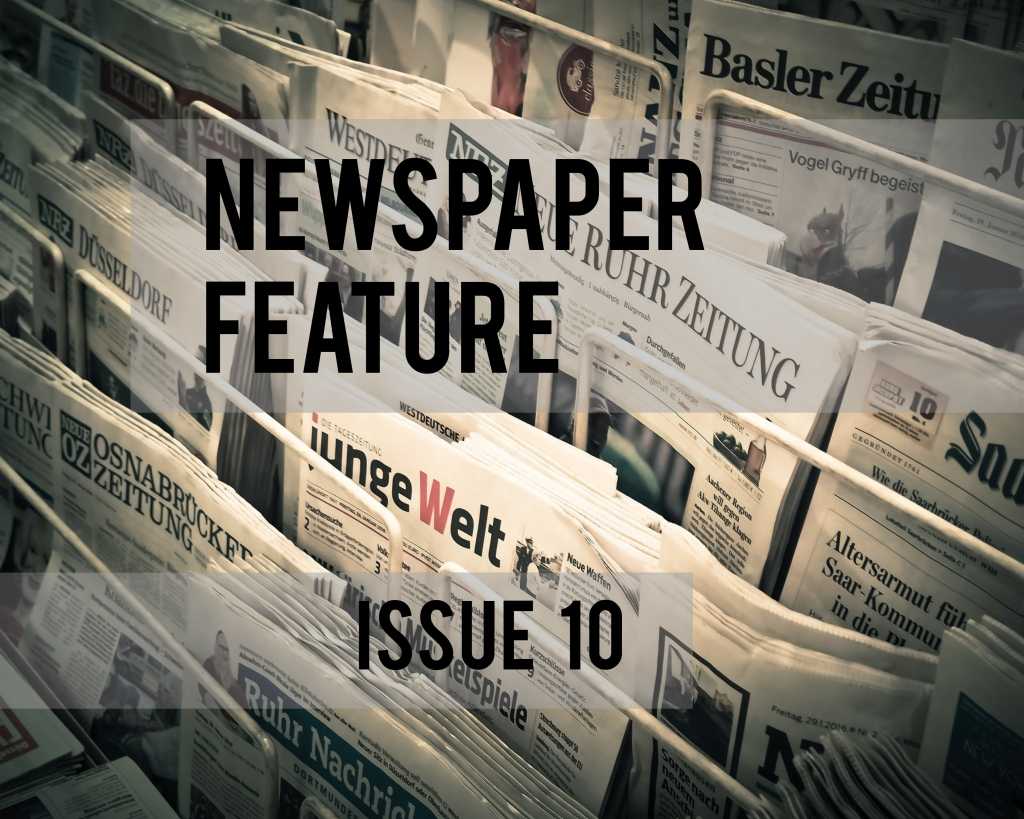Journalism is a profession under siege.
It has been labeled as one of the least attractive careers for the third year in a row. In the United States, many who seek the truth are being accused of perpetuating “fake news” by powerful politicians who merely do not like investigative reporting, while actually fake news flies under the radar. Traditional journalism is also standing on its last legs; the rise of online and broadcast media have made lengthy, serious pieces nearly unprofitable due to the public’s ever-shortening attention span.
In these times, it is a special challenge for us as student journalists to stick to our mission and the objectives we have laid out for ourselves. It is no secret that Tiger Times has struggled this year to deal with article feedback from the administration at times this year, delaying production and feeling the pressure to somehow finish the standard ten issues by June after publishing the ninth on the 25th of May. With several sensitive political issues occurring in the same year, notably the impeachment of former President Park Geun-hye (who we still continue to discuss, months later, because she has not waned in importance), the election of President Trump (the only possibly over-covered topic in this year’s paper), and, closer to home, a cheating incident that made us wonder how we can tackle academic dishonesty when students are already drowning in a dishonest, cruel world.
With such controversies and burdens a student would not be blamed for wondering, simply, if pursuing journalism is worth it. There are plenty of easier, similarly prestigious paths to college and beyond, without the extra stress that the obligation to produce works read and judged by one’s community brought by working in a newspaper. So why do we write?
I like to believe that our membership in Tiger Times has meaning far beyond what we mean in high school. Journalists have shown, time and time again, to be at the forefront of crisis: they were at Ground Zero during the 9/11 attacks, at the warfront in Iraq, and undercover during Watergate. Many of our most courageous have served as soldiers, firemen, and policemen, but arguably overlooked in this regard is the journalist who risks her life, her career, her livelihood, for the simple, noble, overriding purpose of finding the unvarnished truth and providing that truth to the public.
Often, that search for truth blinds a journalist, who, in a quest to be objective, begins objectifying the people around him and loses sight of the true purpose of his occupation: to find the truth not to harm someone, but to benefit another. When we work together on a feature or a story in Tiger Times, we do our best to consider the real-world impacts of what we write—“do no harm”—and we try our best to follow responsible practices. What we publish could potentially end up harming someone in this school, someone who we see every morning and meet every afternoon, someone who is a part of a tight-knit community we do not wish to break.
I like to think that this sense of maturity and responsibility is something student journalists learn dealing with sensitive issues on a daily basis. Selective coverage, which is inevitable in a budget-strapped, student-run newspaper, helps teenage boys and girls realize that they live in a world bigger than themselves, and that they have an obligation to, at the very least, preserve that world. It also helps them evolve past that youthful stage when many have urge to tear down the social order, because working with those in power when writing articles and interviewing for articles helps understand at least the motivations leaders have for their actions. Journalists are not activists; they are vessels of objective truth, but although as humans we cannot avoid impressing upon stories our own interpretations, the best reporters and columnists learn to appreciate constructive, responsible change.
Journalism also inevitably leads to clashes. In many cases, it is an example of “punching up”—the journalist often tackles someone in power, because that person has the ability to effect the change the journalist wishes to see in the world. We write because the pen, while not technically mightier than the sword, will definitely outlive it. That is why, although our work sometimes puts us in the difficult position of turning private complaints public, journalism is worth it: here, we develop the ability to critically analyze the rules of our society and determine how to fix or improve them. This hypothetical authority will always exist at every stage of our lives, but I rest assured that every student journalist will always carry with them an ability to see through the smoke and mirrors and find their truth.
After a year of struggle, self-doubt, and self-reflection, I come out of sleepless nights and mindless days stronger than ever—and I have faith that the rest of the staff will have emerged as more mature, capable students capable of replicating their early academic success in the real world, a world that extends far beyond the safe academic space of college, a world that will continue frying their nerves and pushing them to their limits. After all, we all know that school is supposed to “prepare us for the real world”—if that is so, I see no other activity so worthwhile.

